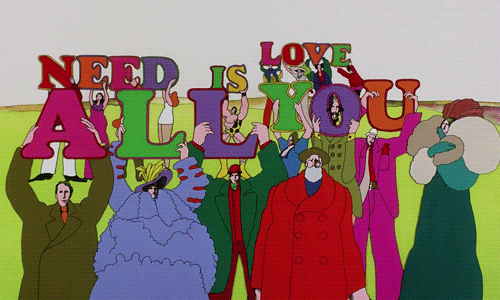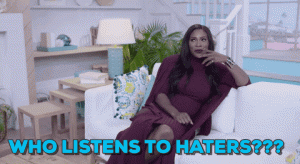Well it only took 15 hours in transit, but I finally made it back to the West Coast. No more subway, no more concrete jungle, and no more extreme heat—but I have found that the Moxie remains.
REVELATION: Racism does exist in the state of Washington!

Oh really?
So does homophobia, sexism, classism,and all the other –isms and –phobias that plague the rest of the world. I say this, not because I believed otherwise prior to our program, but rather, I didn’t have the instruments to recognize them or I wasn’t concerned enough to call them out.
“Ignorance is bliss” has never held more true for me than after this summer in New York. While Washington you could say is a lot more “forward-thinking,” it is in no way perfect.
This transition back home has not been easy. Conversations with people seem to ignore key issues and to be missing real substance. I can’t talk about everything because I either don’t feel comfortable speaking my mind or I don’t think they have the competency nor any personal interest in holding the conversation in the first place.

Do you really care?
I’m stuck—between wanting my Moxies back and having context for these discussions surrounding gender, race, and sexuality, and wanting to enjoy the company of my friends and family without acknowledging that anything is wrong.
But I can’t ignore them, no matter how nuanced and “micro” the aggressions are. Now it not only rubs me the wrong way, but I am forced to think about it. I analyze it because it’s an instinct. I want to do something about it because otherwise, it eats at me.
 I am officially woke y’all, but it has its ups and downs. It’s tiring to cope with, but powerful to have in my possession. Being home at home is a struggle, but only a sliver of that which will be encountered back at Duke.
I am officially woke y’all, but it has its ups and downs. It’s tiring to cope with, but powerful to have in my possession. Being home at home is a struggle, but only a sliver of that which will be encountered back at Duke.
Nonetheless, I am anxious to go back. I am intrigued to see how I conquer the rest of my Duke years (really life in general) and I want to thank Moxie for giving me the tools to do so.










